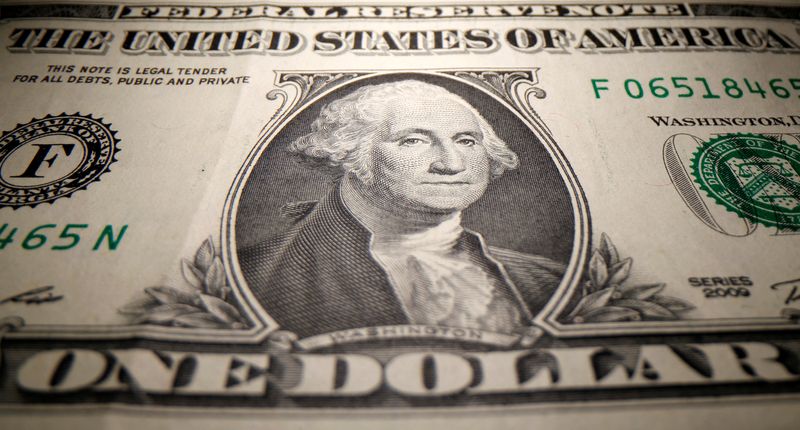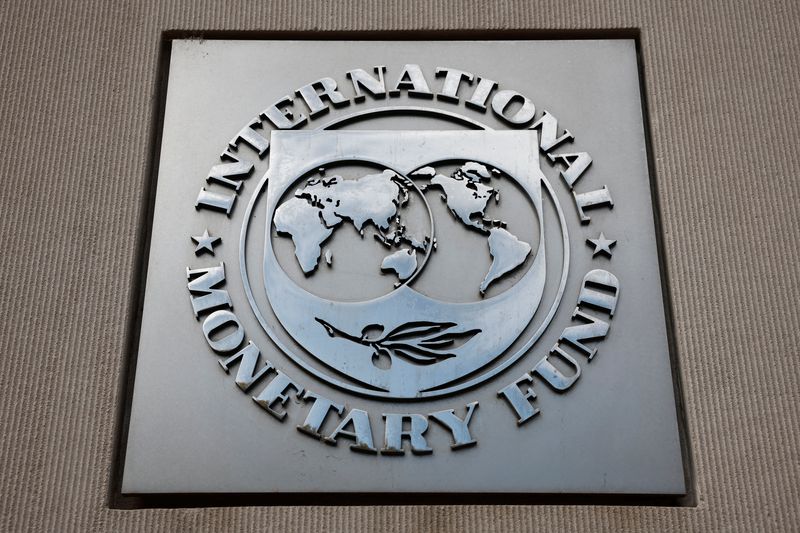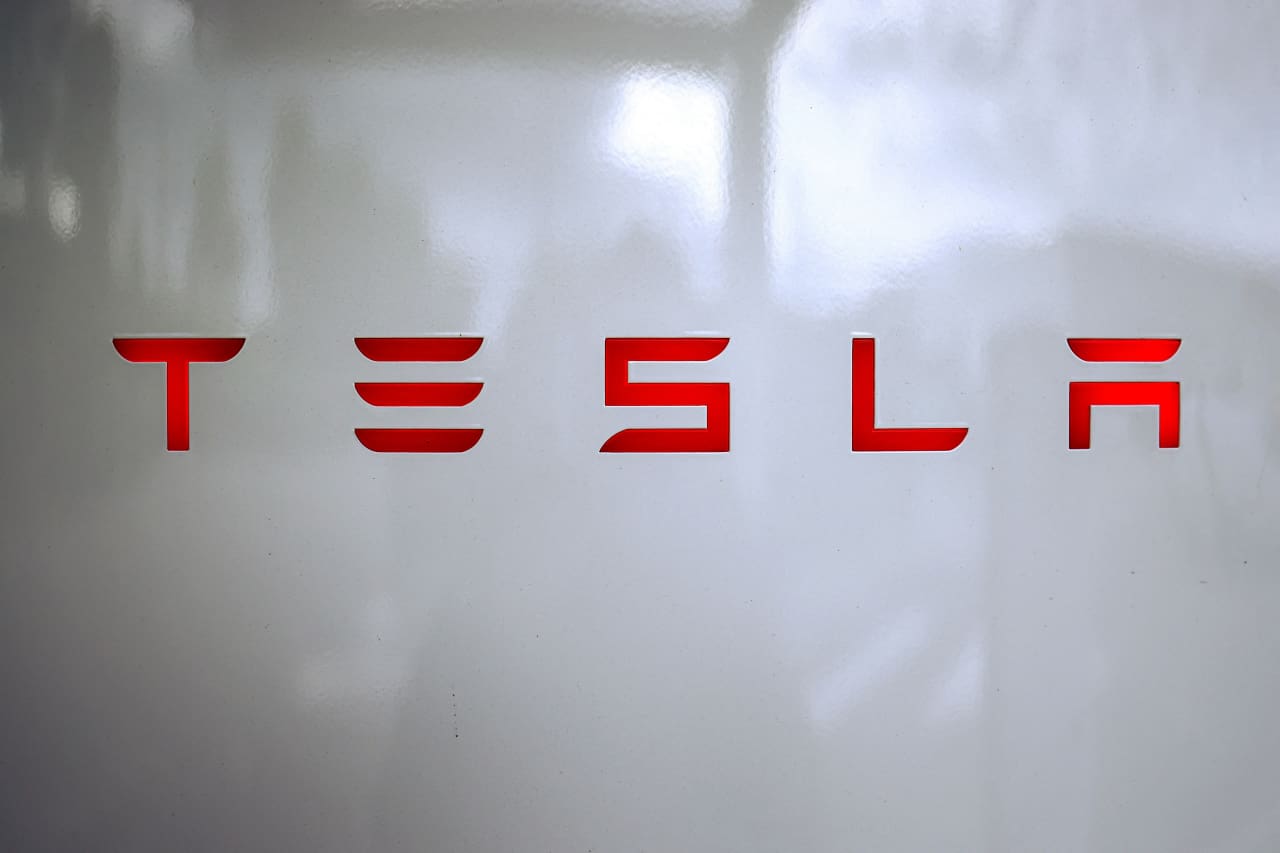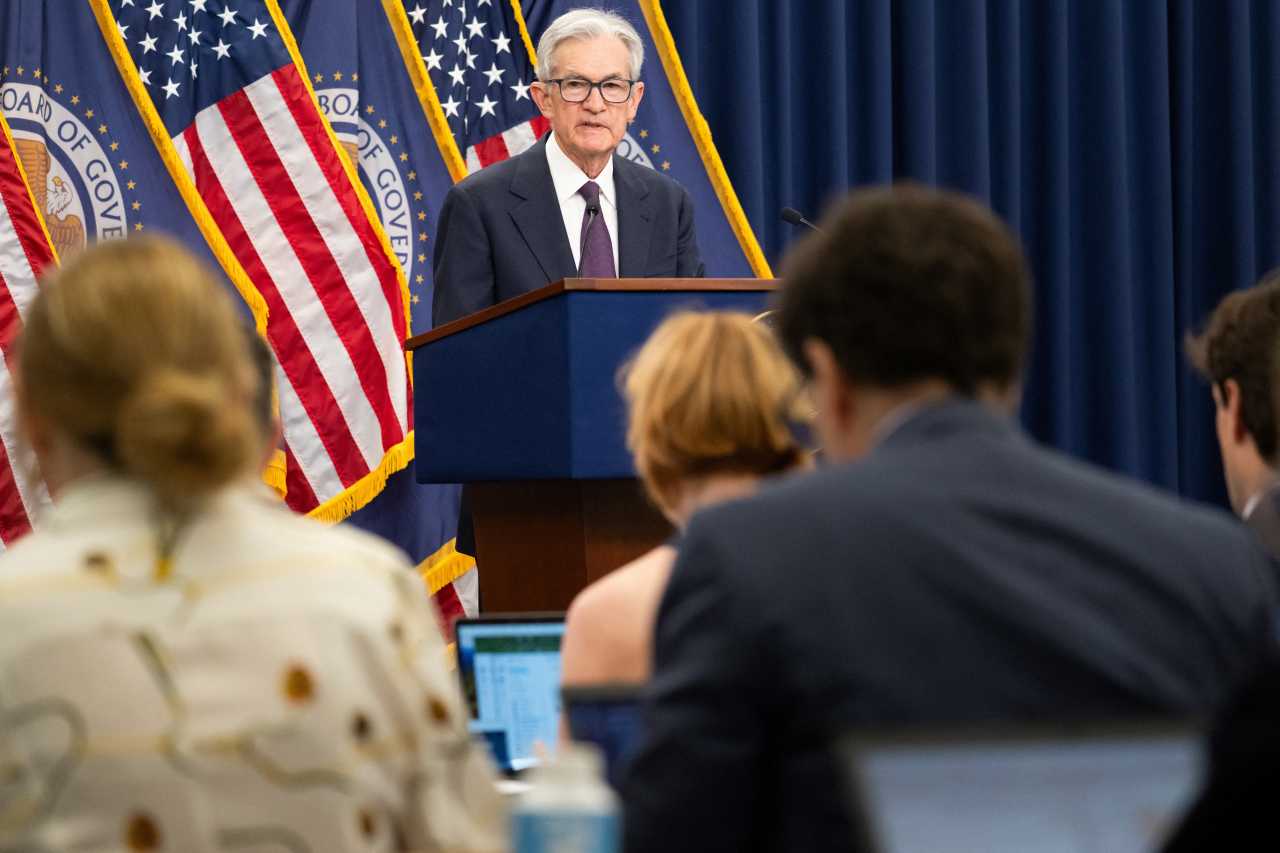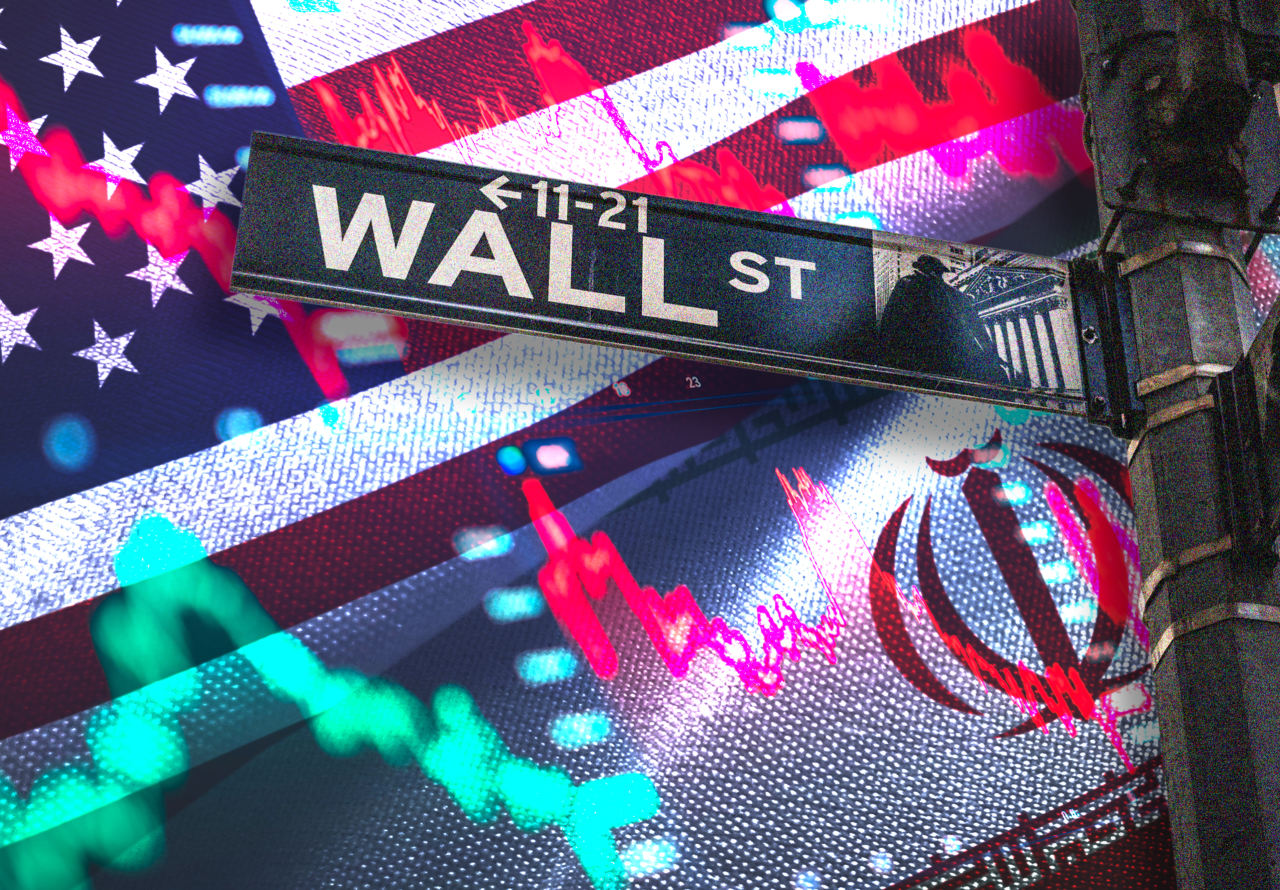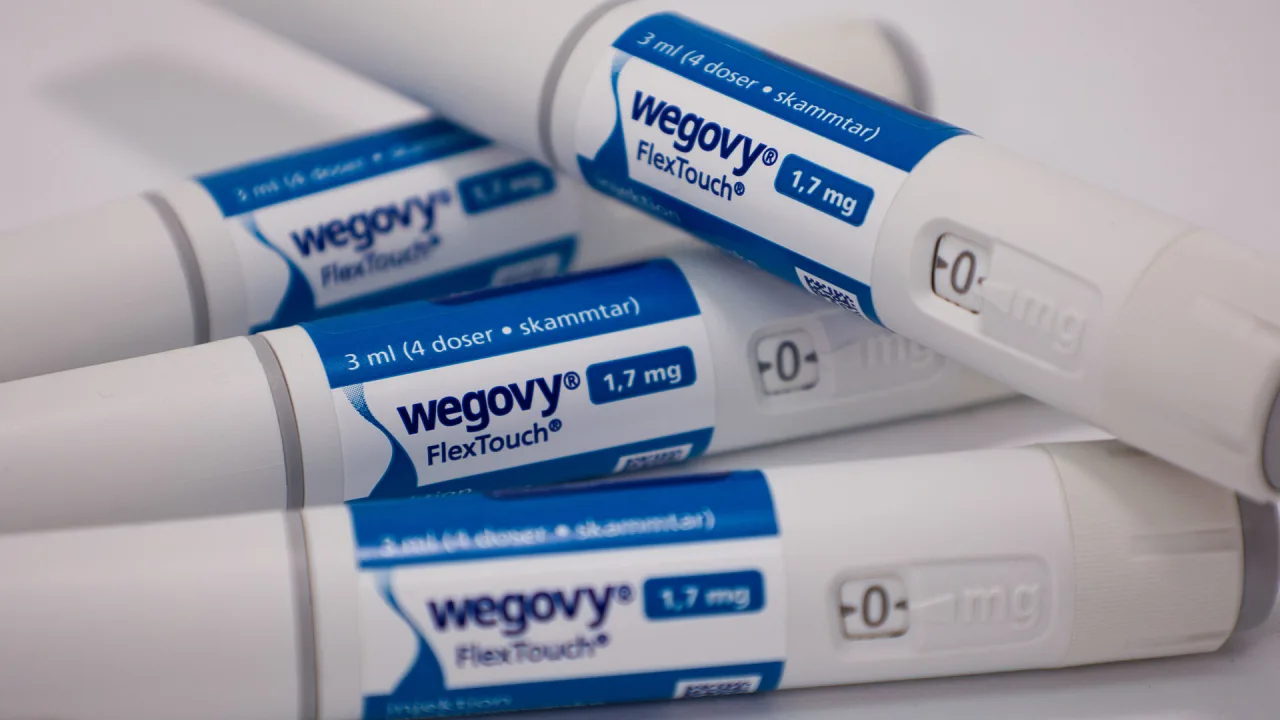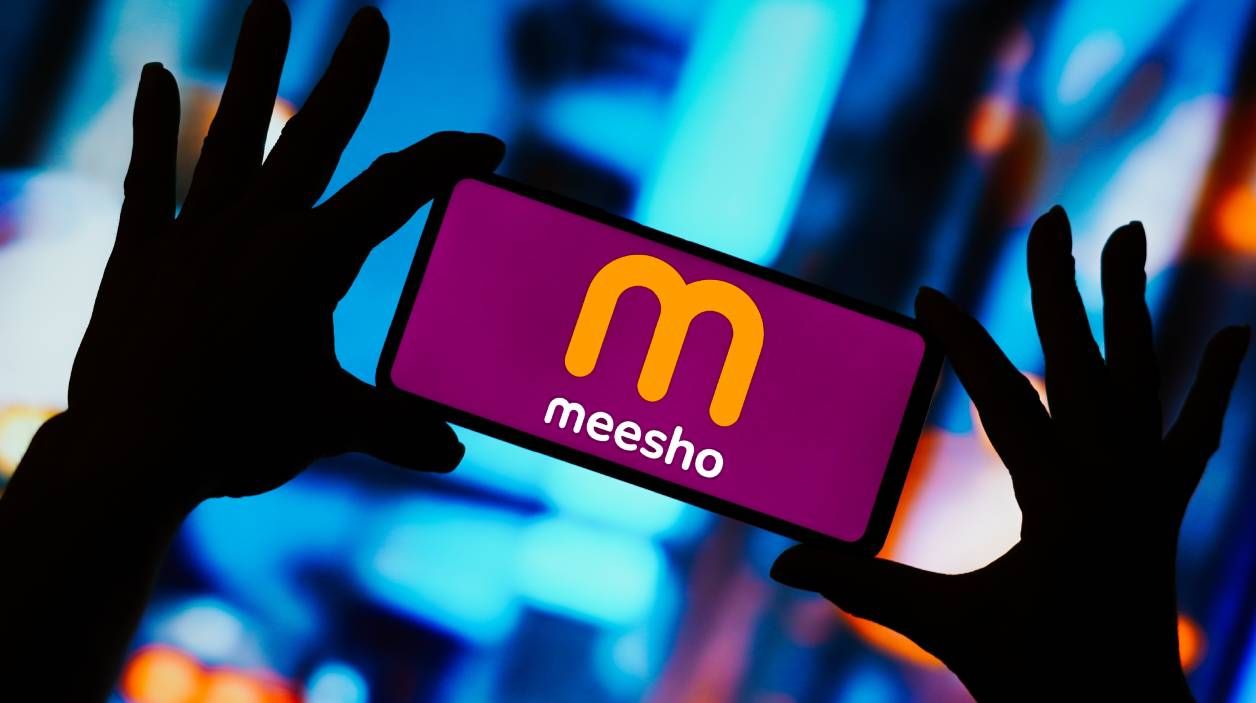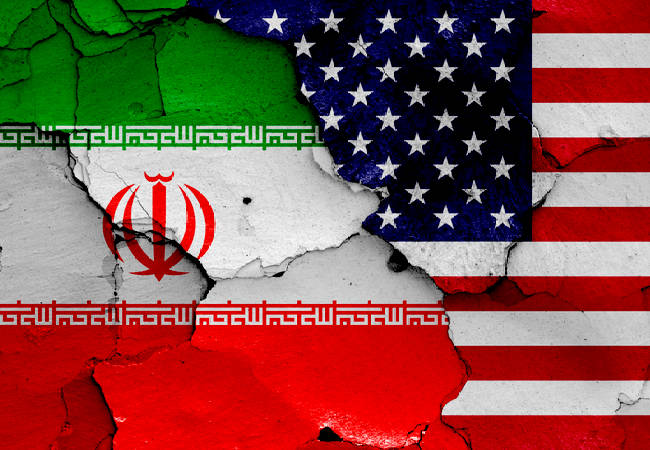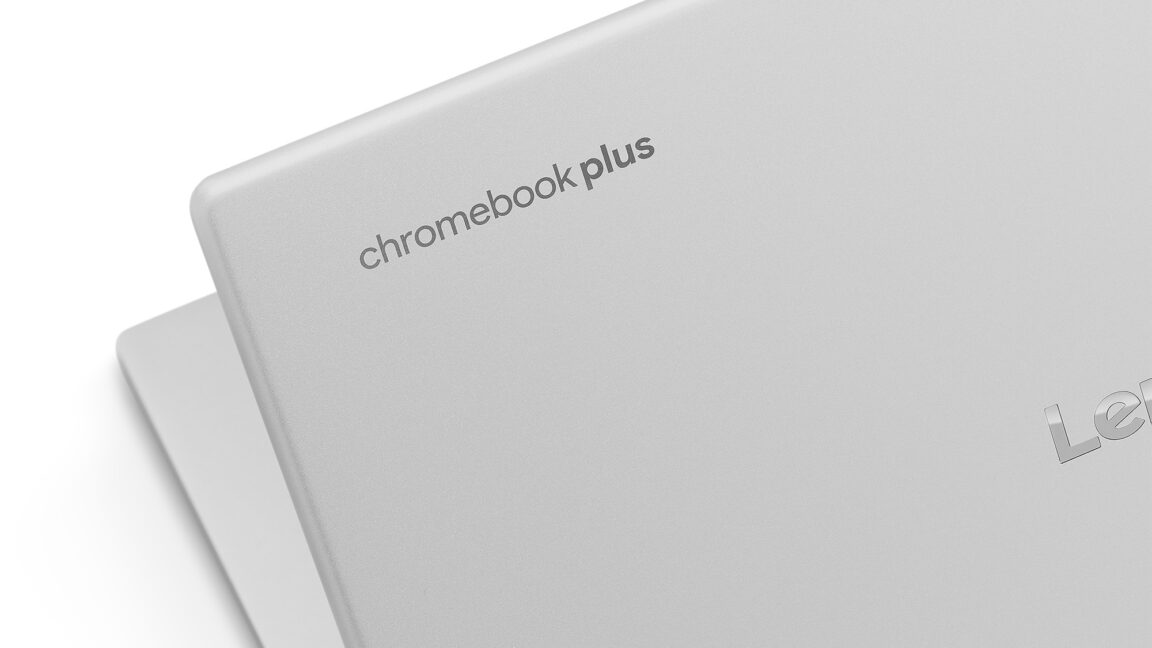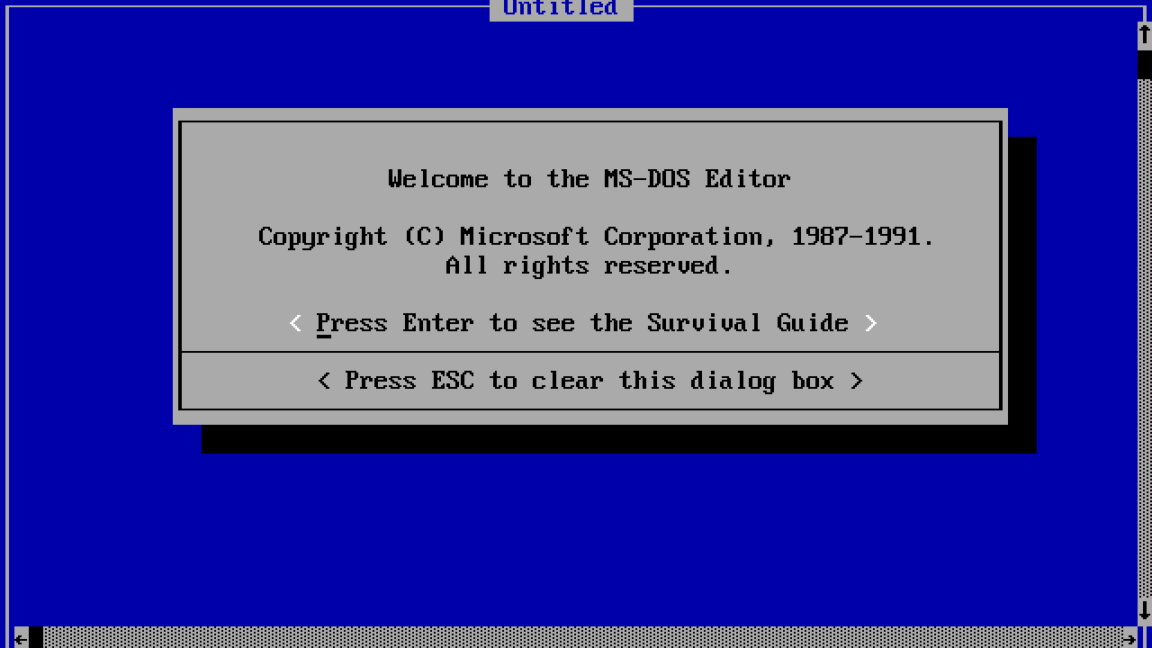Prosus values IPO-bound Bluestone at around $950M
The Dutch investor values omnichannel jewellery retailer at around $950 million, slightly under the unicorn tag as it gears for a public listing.


Consumer internet company Prosus values omnichannel brand BlueStone at around $950 million, slightly below the unicorn tag. The jewellery retailer is currently gearing up for an IPO.
According to the Dutch investment company's annual report, it sees the fair value of its stake in Bluestone as $42 million. MIH Investments One B.V, a fund managed by Prosus, has a 4.43% stake in the company after owning 60 lakh equity shares.
The Economic Times reported that private wealth management arms of 360 One and Centrum Wealth are looking to participate in the secondary transaction to give full exit to RB Investments, in a round that values the company at $1.2 billion. According to the report published last week, this transaction would value the Bengaluru-based company 30% higher than its Rs 8,100 crore valuation from the last funding round in August 2024.
Gaurav Singh Kushwaha-led BlueStone filed its draft red herring prospectus (DRHP) with the Securities and Exchange Board of India (SEBI) in December last year. The IPO is a mix of a fresh issue of shares of up to Rs 1,000 crore and an offer for sale of up to 2.39 crore equity shares by selling shareholders.
Prosus, owned by South African technology investor Naspers, reported a 47% rise in core headline earnings to $7.4 billion compared to $5.0 billion in FY24 during the year ended March 31, 2025.
On a group level, the firm reported a 21% rise in annual revenue to $6.2 billion compared to $5.5 billion last year. In its annual report, the company attributed the rise in revenue to strong growth in iFood, OLX, iyzico and PayU India.
According to the firm’s investor presentation, its bet on PayU India has yielded an internal rate of return of 14% in FY25 and an IRR of 23% from its investment in Swiggy during the same period. Meesho and Eruditus churned out an IRR of 20% and 15%, respectively, while the firm’s investment in consumer healthcare startup PharmEasy saw a negative IRR of 29%.
Edited by Affirunisa Kankudti





![Is ChatGPT Catching Google on Search Activity? [Infographic]](https://imgproxy.divecdn.com/RMnjJQs1A7VQFmqv9plBlcUp_5Xhm4P_hzsniPsfHiU/g:ce/rs:fit:770:435/Z3M6Ly9kaXZlc2l0ZS1zdG9yYWdlL2RpdmVpbWFnZS9kYWlseV9zZWFyY2hlc19pbmZvZ3JhcGhpYzIucG5n.webp)



















